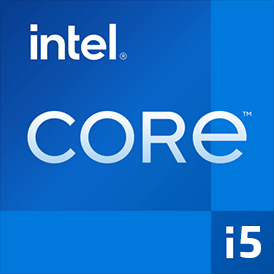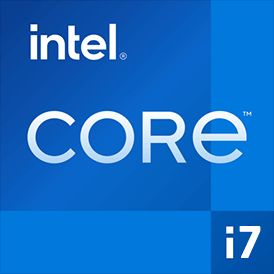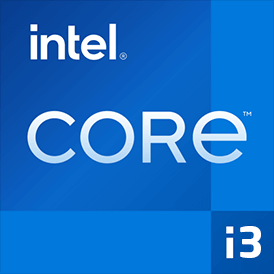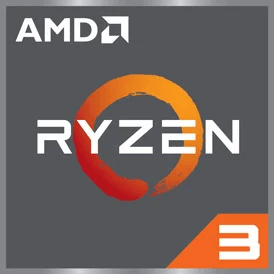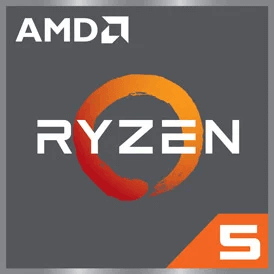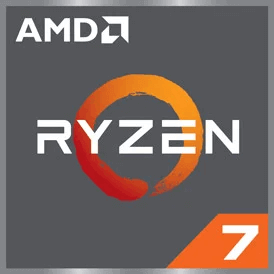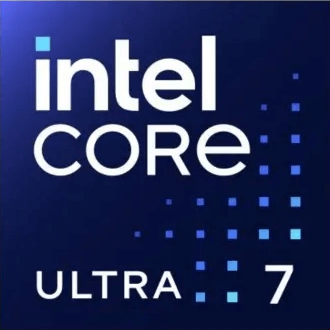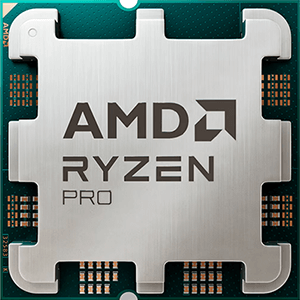Intel Core i5 1250P vs Intel Core i7 6700HQ
We compared two laptop CPUs: Intel Core i5 1250P with 12 cores 1.7GHz and Intel Core i7 6700HQ with 4 cores 2.6GHz . You will find out which processor performs better in benchmark tests, key specifications, power consumption and more.
Main Differences
Intel Core i5 1250P 's Advantages
Released 6 years and 5 months late
Higher specification of memory (5200 vs 2133)
Larger memory bandwidth (76.8GB/s vs 34.1GB/s)
Newer PCIe version (4.0 vs 3.0)
Larger L3 cache size (12MB vs 6MB)
More modern manufacturing process (10nm vs 14nm)
Lower TDP (28W vs 45W)
Intel Core i7 6700HQ 's Advantages
Higher base frequency (2.6GHz vs 1.7GHz)
Score
Benchmark
Cinebench R23 Single Core
Intel Core i5 1250P
+75%
1597
Intel Core i7 6700HQ
908
Cinebench R23 Multi Core
Intel Core i5 1250P
+118%
9258
Intel Core i7 6700HQ
4239
Geekbench 6 Single Core
Intel Core i5 1250P
+70%
1785
Intel Core i7 6700HQ
1044
Geekbench 6 Multi Core
Intel Core i5 1250P
+19%
4246
Intel Core i7 6700HQ
3554
Blender
Intel Core i5 1250P
+29%
92
Intel Core i7 6700HQ
71
Geekbench 5 Single Core
Intel Core i5 1250P
+96%
1572
Intel Core i7 6700HQ
802
Geekbench 5 Multi Core
Intel Core i5 1250P
+137%
7766
Intel Core i7 6700HQ
3266
Passmark CPU Single Core
Intel Core i5 1250P
+84%
3504
Intel Core i7 6700HQ
1903
Passmark CPU Multi Core
Intel Core i5 1250P
+209%
20006
Intel Core i7 6700HQ
6474
General Parameters
Feb 2022
Release Date
Sep 2015
Intel
Manufacturer
Intel
Laptop
Type
Laptop
x86-64
Instruction Set
x86-64
Alder Lake-P
Core Architecture
Skylake
i5-1250P
Processor Number
i7-6700HQ
BGA-1744
Socket
BGA-1440
Iris Xe Graphics G7 (80EU)
Integrated Graphics
HD Graphics 530
Package
10 nm
Manufacturing Process
14 nm
10-28 W
Power Consumption
45 W
100 °C
Peak Operating Temperature
100 °C
CPU Performance
4
Performance Cores
4
-
Performance Core Threads
8
1.7 GHz
Performance Core Base Frequency
2.6 GHz
4.4 GHz
Performance Core Turbo Frequency
3.5 GHz
8
Efficiency Cores
-
12
Total Core Count
4
16
Total Thread Count
8
100 MHz
Bus Frequency
-
17x
Multiplier
26x
80 K per core
L1 Cache
128 K per core
1280 K per core
L2 Cache
256 K per core
12 MB shared
L3 Cache
6 MB shared
No
Unlocked Multiplier
No
Memory Parameters
DDR5-4800, DDR4-3200, LPDDR5-5200, LPDDR4x-4267
Memory Types
DDR4-2133, LPDDR3-1866, DDR3L-1600
64 GB
Max Memory Size
64 GB
2
Max Memory Channels
2
76.8 GB/s
Max Memory Bandwidth
34.1 GB/s
No
ECC Memory Support
No
Graphics Card Parameters
true
Integrated Graphics
true
300 MHz
GPU Base Frequency
-
1400 MHz
GPU Max Dynamic Frequency
1050 MHz
640
Shader Units
-
40
Texture Units
-
20
Raster Operation Units
-
80
Execution Units
-
15 W
Power Consumption
-
1.41 TFLOPS
Graphics Performance
-
Miscellaneous
4.0
PCIe Version
3.0
20
PCIe Lanes
16
-
Extended Instruction Set
SSE4.1, SSE4.2, AVX-2
